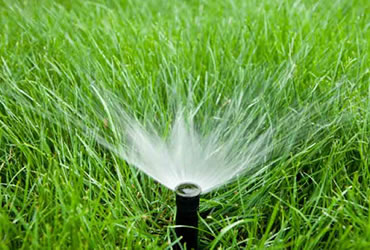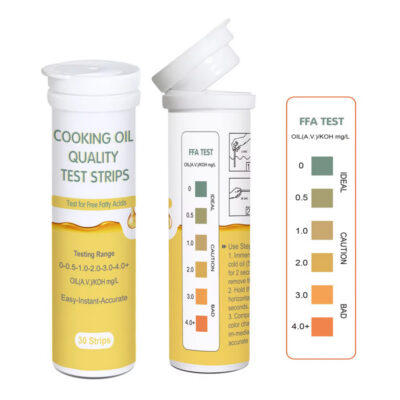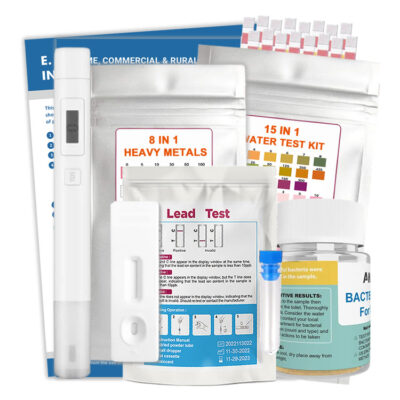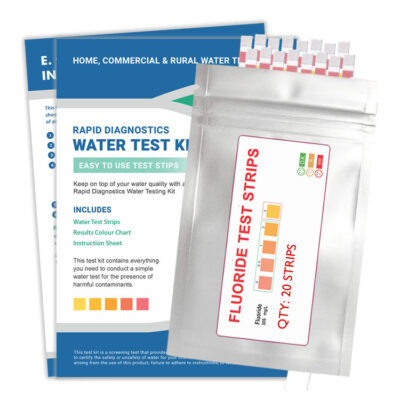Water from bore wells is one of the major water sources and is used for varied purposes such as irrigation, washing clothes or vehicles, flushing of toilets, showering as well as in the kitchen for preparing food and drinking. However, its use in kitchen largely depends on the quality of the bore well water.

Testing Bore Water Quality
It is essential that testing bore water quality is done before use and at least once a year for microbiological and chemical contamination if it has to be used for drinking purposes. And this has to be done from an accredited laboratory so that it can undergo the required treatment if needed. A water test kit can also be used as a first screening mode to determine the safety of this water. It is advisable to not use this water for your pool or spa as it will necessitate the use of greater amounts of chemicals to ensure its safety and thus increasing the costs of maintenance. Moreover, the increased iron content can lead to staining around the pool sides.
Contamination of bore water can happen due to natural reasons as well as human activities. Human activities include wrongful use of animal manures, fertilizers, insecticides, poor maintenance of septic tanks, discharge from waste disposal systems, intensive mining activities etc. However, water from bore wells that are managed by licensed operators are safe from contamination due to their presence in the vicinity of aquifers or in regions where there is strict control over land usage and regions which come under catchment management projects.
There are several ways to ascertain if the water from your bore well is contaminated. Some indications include an unusual taste, color or smell to the water, plants that wilt on its use or reluctance on the part of animals to drink it. However, all contaminants may not always be a risk to your health. It is only the presence of contaminants like arsenic, nitrate, petroleum products that can be a cause of health concern if the water is used for purposes of bathing, drinking or preparation of food.
In any case, there is no need to worry about possible contamination if you undertake the required steps to reduce the risk. Some of the measures that can be adopted in this regard include installing a perimeter fencing around the bore well, ensuring its appropriate location, avoiding the use of pesticides near it and preventing the seepage of wastewater into the soil adjacent to supply bores besides undertaking regular inspection and maintenance.
The measures for testing the water quality of your bore well vary depending upon the use it is intended for. An accredited laboratory will provide the necessary guidelines on how to go about conducting a standard water test if the water is meant for drinking purposes. Other regulatory authorities will offer guidelines for use of bore well water for purposes other than drinking.
At all times, always test the water of your bore well before use and keep in mind the usefulness of bore water testing kits as a first screening device!







